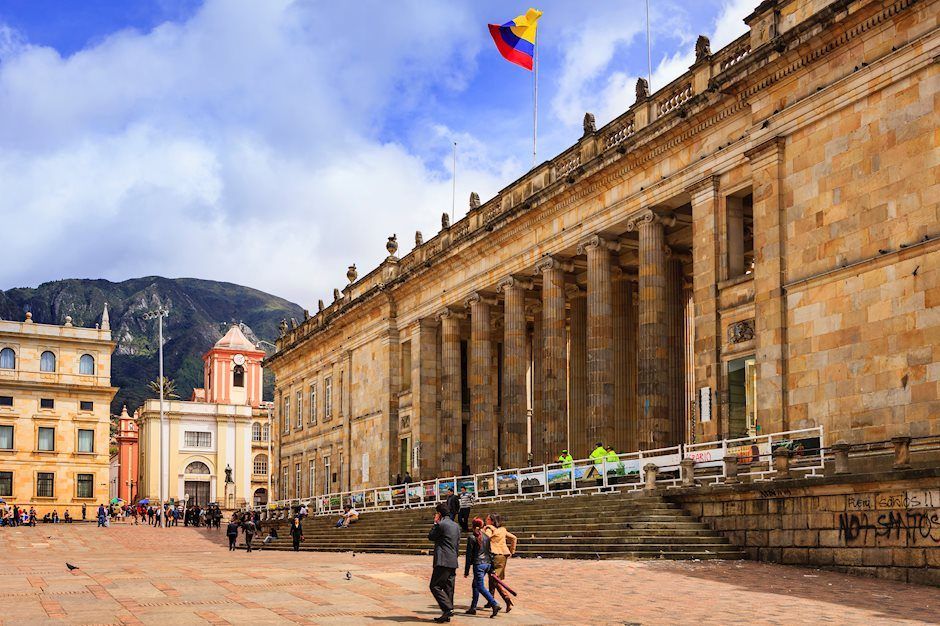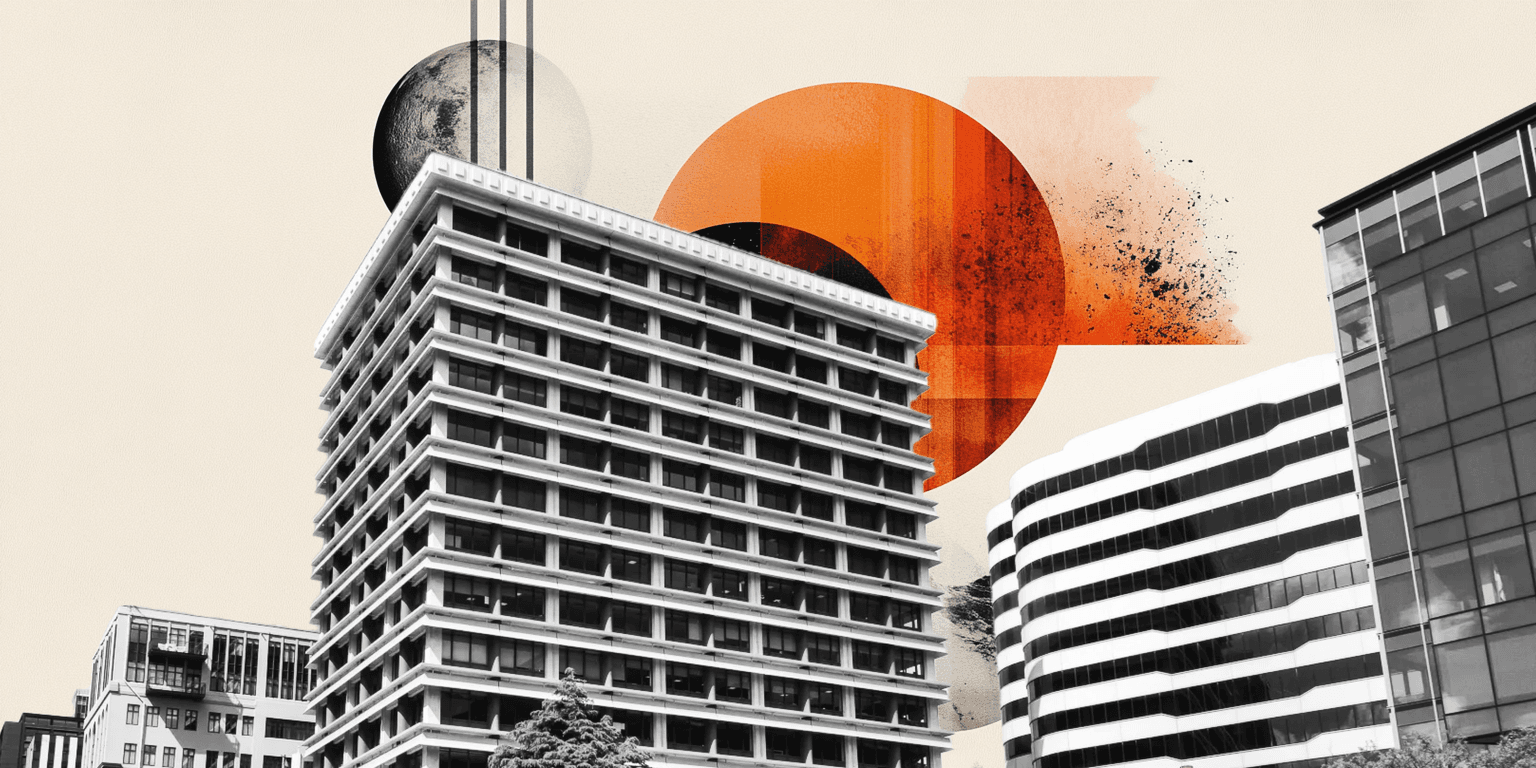The Tortoise and the Hare: Colombia and Venezuela

In the old fable the tortoise and the hare start the race together.The hare dashes off but then loses interest or becomes tired all the while the tortoise keeps ploding along one foot in front of the other. At the finish the tortoise wins.
It could be said that neighbours Colombia and Venezuela started out together. Both were part of New Granada during colonial times (along with Ecuador and a slice of Brazil). Both are predominantly mestizo countries and at the beginning of the twentieth century had similar levels of development.
From 1945 onwards things started to diverge. Colombia had a civil war (La Violencia) from 1948-53 which was ended by a military coup. The Constitution was restored in 1958 and from then until 1974 there was a two party coalition followed by the two parties alternating in power until 2002 when Colombia elected it’s first President (Uribe) from outside of the two main parties.
Colombia is not a country without problems. Following ‘La Violencia’ various armed militias formed in the countryside and became effectively states within a state as the Central Government did not have the resources to pursue them nor attractive alternatives to offer to local populations. From the 1970’s onwards the drug cartels took root in Colombia and remain a major internal factor in society. The drug cartels and the armed militias fed off each other with one offering money and the other armed protection. Colombia at various times had the highest recorded internally displaced population in the world.
In spite of all of it’s problems Colombia developed an effective political system that allowed for continuous industrialisation, urbanisation and social integration. Colombia has one of the most stable average recorded rates of economic growth in the world at 4% p.a. over seven or eight decades. Colombia was the only large country to avoid the Latin American debt crisis in the 1980’s. The State is run professionally and competently and the political system allows for high rates of public participation in the parts of the country where the state extends it’s reach.
On the surface Venezuela’s political development had much in common with Colombia’s. Following an interlude of military rule in the 1950’s a period of two party rule was established (the Punto Fijo) which lasted until the election of Hugo Chavez in 1998. However the unerlying economic development was totally different. Venezuela experienced possibly the fastest rate of economic growth in the world in the decades up to 1980, driven by the exploitation of it’s oil wealth.
However the economy failed to diversify and everything revolved around the oil sector to the detriment of more balanced development. The two main political parties in the Punto Fijo allowed dependency relationships to develope with the oil sector such that the political system and hence the state itself became, in effect, a client of the oil sector. Also the oil sector remained principally extractive and there was little investment in downstream activities.
The lack of diversity in the economy and lack of opportunity for large sections of the popular classes openned the way for the election of Hugo Chavez in 1998. Chavez was elected as a populist and promised a large scale redistribution of income to his base. However income transfers that are not accompanied by investment do not create a sustainable basis for future development. The Chavez economy did not have a sufficiently broad tax base to support the level of income transfers undertaken with the result that the private sector was starved of money for investment and the State eventually had to resort to printing money.
If we compare the two countries today Colombia still has significant outstanding issues with the rebel militias and the drug cartels and there is a limit to how quickly these can be resolved as they are linked to the capacity of the state to extend it’s reach into remote areas and replace the states within a state. However, beyond these issues Colombia is a highly effective state with life expectancy comparable to the US and increasing numbers in insured employment and affiliated to the social security system each year. In addition, the political system and state function effectively.
Venezuela, on the other hand, suffers from complete political, social and economic collapse. The political system is effectively owned by Maduro (Chavez’ successor) and his clique and functions for them alone rather than for society. Armed militia groups created under Chavez terrorise the population with impunity and millions have fled to neighbouring countries. There is hyperinflation and a total economic collapse which includes the collapse of oil production.
I am of the view that the Venezuela regime has been able to survive thus far because of the oil income but with that now gone it's days are numbered. However Venezuela will be starting again from the bottom whereas Colombia can continue to build on it’s past achievements.
Author

Paul Dixon
Latin Report
Paul Dixon’s focus is economics from a long term perspective.

















